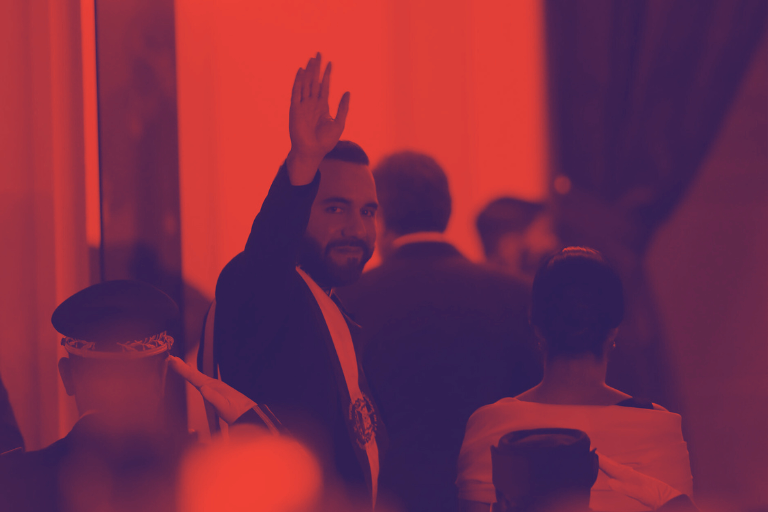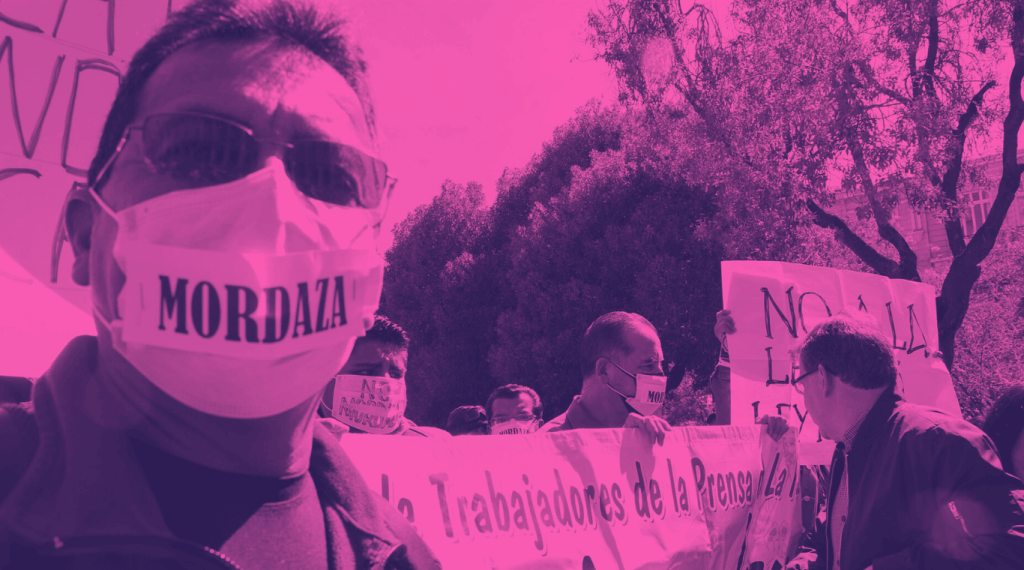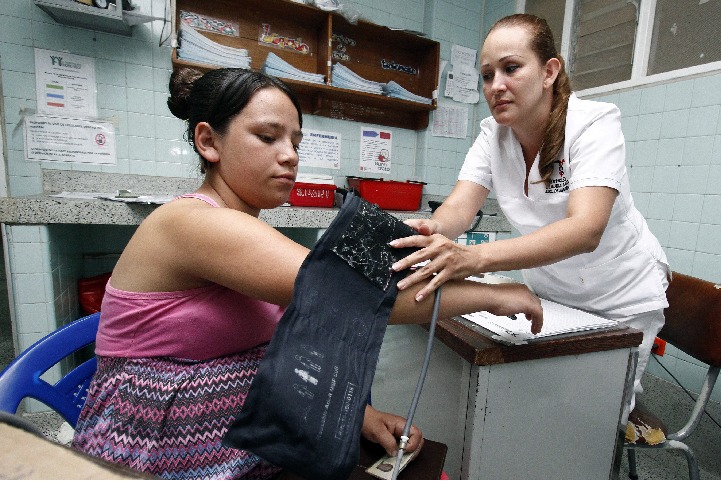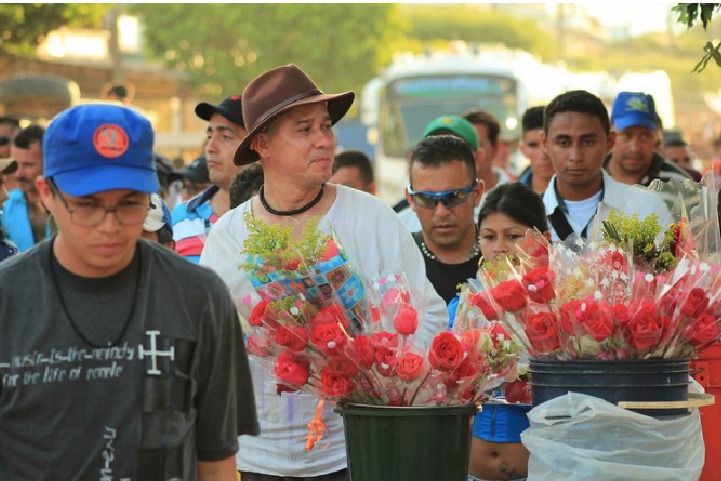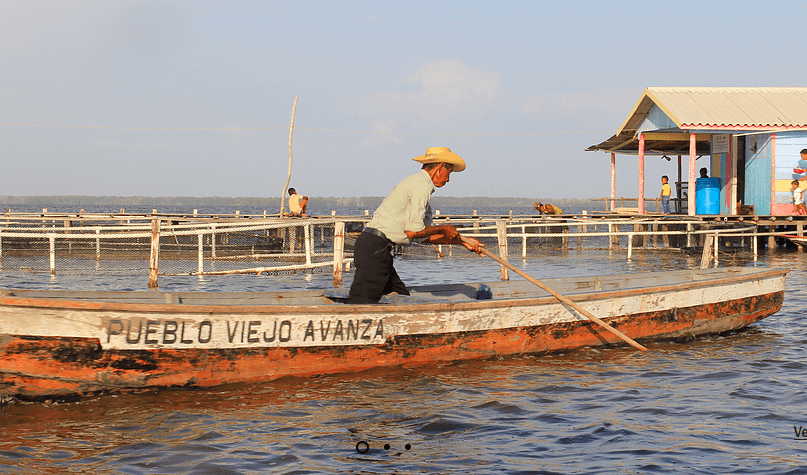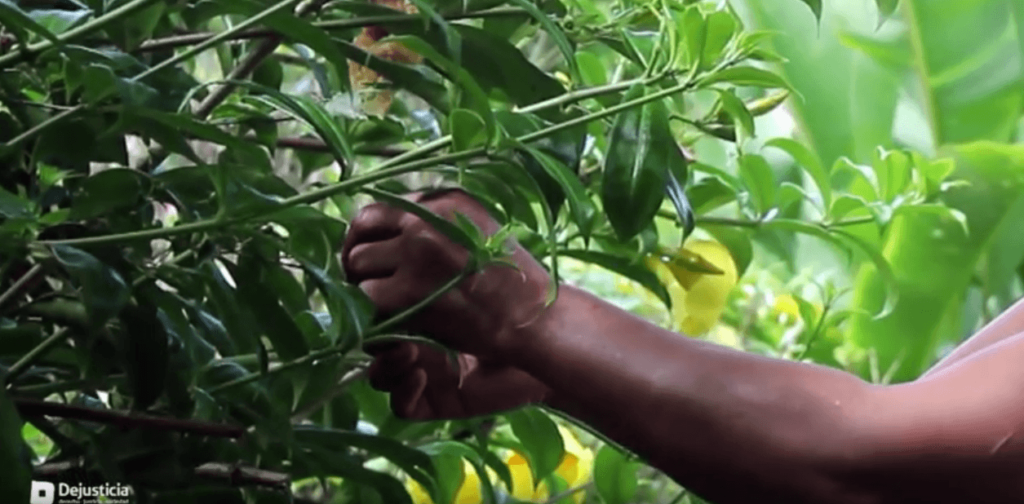News
LATEST IN COLOMBIA

News
Reparations in Colombia: Analysis and Proposals
By |
The reparation of victims of heinous crimes in Colombia is far from being peaceful. Although there is some legal, social, and political consensus that that these victims must be repaired, there are different positions regarding the content and scope of their right to reparation. It is therefore necessary to advance from the general discourse of reparations to victims, now almost universally accepted in Colombia, to a more specific analysis of the thorny issues. This was why in the field of the master’s degree in law from the “Universidad Nacional”, the Research Group “Studies in theory of law, political theory and constitutional law” decided to develop a research and discussion of the reparation of victims of atrocious crimes, trying to analyze, with an interdisciplinary approach, some of the sensitivities in this area. This book collects some of the results of the investigations conducted by master’s degree students who participated in this project. The articles compiled address diverse and complementary topics. Thus, the introduction presents the common conceptual framework that formed the basis for the individual research of each of the authors. The first part contains conceptual reflections and comparative analysis of reparation policies. The second part includes differential approaches to the repair in order to discuss the challenges of repairing indigenous communities and women. Finally, the third part specifically addresses the reparation for the crime of forced displacement. We hope this book is a good input for those who are interested in these issues.
Comments on the official response to the Decision T-496 of 2008
By Dejusticia |
This document presents some comments to the official response presented by the Ministry of Interior and Justice and the Attorney General’s Office to the case T-496 of 2008, which amended the Decree 3570 of 2007 that established the program of Victim and Witness Protection of Law 975 of 2005. In particular, it identifies the reasons why the Case’ Monitoring Committee believes the answer does not fully and integrally comply the orders issued by the Constitutional Court.
Democratic Coalition
By Mauricio García Villegas |
For a democratic country to progress it needs at least these three elements: security, social equality, and respect for the law.
Racial discrimination in Colombia
By Rodrigo Uprimny Yepes |
Every 21 of May, Colombians celebrate the National Day of Afro-Colombians in order to commemorate the abolition of slavery in 1851. This national day was established by the Law 975 of 2001.
The Survival of The Past
By Mauricio García Villegas |
What I believe is cultural heritage, in spite of globalization, is something more important than what economists and other believe it is. The past survives in our present days.
Camilo Sanchez’ column about the stigma of homosexuality was published in the German magazine ILA.
By Nelson Camilo Sánchez |
Lieber Narco als schwul? Homosexualität ist in Kolumbien ein Stigma von Nelson Camilo Sánchez Ein Staat kann sich schlecht demokratisch und pluralistisch nennen, wenn seine Behörden ein Verhalten voller Vorurteile, Diskriminierungen und Stigmatisierungen an den Tag legen. Das scheint leider in Kolumbien das übliche Panorama zu sein, zumindest was sexuelle Freiheit und männliche Rollenmodelle betrifft….
I don’t care if they call me a dictator.
By Dejusticia |
During his six years in office, Bukele has consolidated his power, paving the way to become the dictator he appears to be announcing himself as.
NGOs at risk of global extinction
By Dejusticia |
How can non-governmental organizations transform themselves? What were they like when they did not depend on international funding?
Colombia: going back to the original balance of justice
By Paola Molano Ayala |
There is a crucial aspect of Colombia’s transitional justice model that is worrying: the current inability of the Special Jurisdiction for Peace (JEP) to offer legal security to those who participated in the conflict, including in human rights violations, and have not been identified as among the most responsible. And making sure they also contribute to the satisfaction of the rights of the victims. The JEP must avoid keep moving towards maximalist approaches and go back to the balance in the Peace Agreement.
Elementa DD.HH. y Dejusticia presentamos un amicus en el proceso que adelanta el Asocazul y Cajar por afectaciones derivadas de aspersiones con glifosato
By Dejusticia |
El glifosato causó daños irreversibles a los campesinos del sur de Bolívar y el Estado debe repararlos. Así lo argumentamos en una intervención ante el Consejo de Estado.
Colombia must obtain resources to guarantee the right to health of Venezuelan migrants: Constitutional Court
By Santiago Ardila Sierra |
The high court protected the right to health of two undocumented Venezuelans and requested the government to advance as “expeditiously and effectively as possible” towards the full realization of migrants’ right to health, regardless of their immigration status. Dejusticia intervened in the case.
Dejusticia intervenes in defense of Venezuelan migrants’ right to health
By Dejusticia |
The Constitutional Court invited Dejusticia to present their legal opinion on two cases concerning the right to health of people coming from Venezuela.
The long wait of the JEP ahead of the decisions of the Constitutional Court and Congress
By Dejusticia |
In the last six months civil society organizations, such as Dejusticia, have called on both institutions to give free rein to the norms that consolidate the Special Jurisdiction for Peace.
Case of indigenous people of Bojayá who could not vote in the plebiscite is about to reach the Court
By Mauricio Albarracín |
Through a tutela, a group of Emberá claimed their rights to political participation and equality, because their economic situation and how far they live made it impossible for them to move to endorse the Peace Agreement. Dejusticia, human rights organizations, and indigenous leaders asked the High Court to review the case.
The Constitutional Court has the last word to save the Ciénaga Grande of Santa Marta
By César Rodríguez Garavito |
The environmental crisis of this ecosystem led fishermen to pursue a legal battle that reached the High Court. In this intervention, we support their demand that environmental authorities take urgent measures to stop the disaster and thus, protect their rights to healthy environment, dignified life and work.
Gender focus in rural reform is important but insufficient
By Ana Jimena Bautista |
The Gender-in-Peace Working Group -GPAZ, a group of which Dejusticia is a member, took part in the Public Hearing convened by the Constitutional Court, within the framework of the informal constitutional review of Decree 902 of 2017 “to facilitate the implementation of the Comprehensive Rural Reform contemplated in the Final Land Agreement, specifically the procedure for access and formalization and the Land Fund.”
Stories
From The Territory
We travel with 20 indigenous activists of the world to the heart of the Sierra Nevada de Santa Marta. Listen to this story about the Kankuama Resistance.
Dejusticia's
Documentaries
Discover some of the documentary pieces that we have made. Indigenous resistance, migration of Venezuelans to Colombia and stories of women coca growers, are some of our topics of interest.
